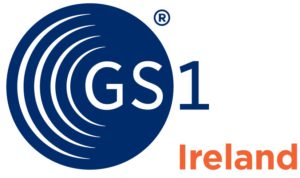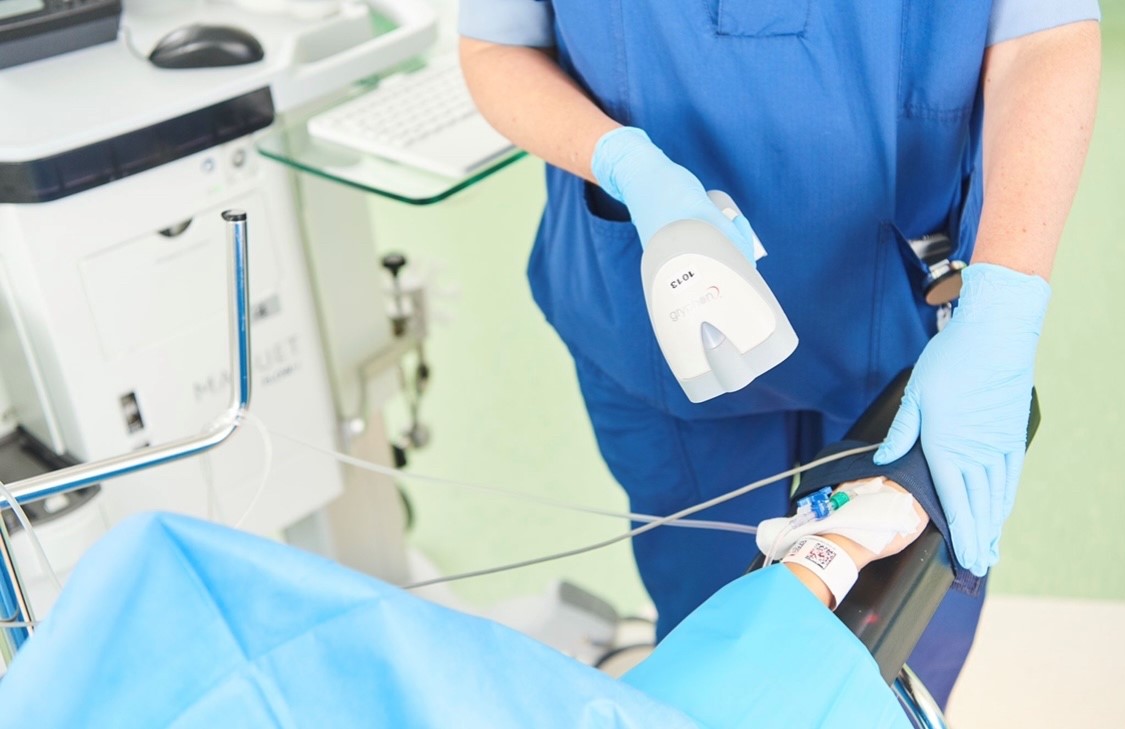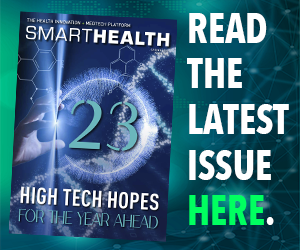The Covid-19 pandemic proved the inherent value of good data when it comes to building a safer and more sustainable healthcare ecosystem. Using unique identification and barcoding to enable products, people, places and assets to be tracked, GS1 supports more than two million public and private sector organisations worldwide, including Ireland’s seven hospital groups, 52 acute hospitals and 19 private hospitals.
Siobhain Duggan is GS1 Ireland’s Director of Innovation and Healthcare. With a wealth of international supply chain experience, she knows firsthand how getting the fundamentals of data right today, is an investment in the future. “GS1 standards enable trust, security and sustainability in supply chains,” she says. “Understandingand making sure data is standardised, and that it can be compared across
systems, will facilitate interoperability and feed future development.”
Scanning allows for rich data
There are many advantages to using international standards for scanning and identification – not only does it make systems safer but it also creates more efficient and secure supply chains. During the pandemic’s first year, GS1 Ireland supported the HSE’s Covid-19 test and trace system by designing a standardised barcode label with a GS1 identifier to help track tests from centres to laboratories.
As the vaccination rollout commenced GS1 Ireland collaborated with the HSE’s National Immunisation Office to enable the tracking of the Covid-19 vaccine within the Centralised Vaccination Clinics (CVCs), codesigning the ScanVax and TrackVax applications. By scanning vaccine boxes the CVCs can track and report on the vaccines in their centres, allowing a much easier vaccine reconciliation process locally and visibility of stock nationally.
Harnessing momentum
The results speak for themselves – not just saving time and money but also valuable stock. Visibility on vial yields and stock expiry dates kept wastage to a minimum and enabled informed decisions based on real time and accurate data – one example of these early interventions resulted in a change of syringe type saving an estimated 75,000 doses.
“There was such a change in the way people engaged during Covid,” says Duggan. “All the barriers just fell away and we got things done. There’s a momentum at the moment we can continue to harness.”
As healthcare systems and processes are being digitised, it is key that data standards are ‘designed-in’ from the start. Building agility today, coupled with understanding and knowledge, will be paramount to creating tomorrow’s safer and more efficient healthcare systems.
“There are many agile companies out there delivering solutions into health but there is also a traceability requirement that is only going to grow with regulation dictating all medicines and devices must
have a barcode and data traceability,” says Duggan. “There is a need to design in standards to create solutions around traceability. We’re here to help and support that – at its heart GS1 is about unique identification, encoding barcodes with structured, standardised data and
using this to enable traceability.”
Safer, more efficient care starts with a simple scan
For more information please contact:
Siobhain Duggan, Director of
Innovation and Healthcare
T: 01 208 0660
E: [email protected]
W: www.gs1ie.org/healthcare







